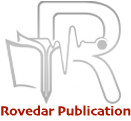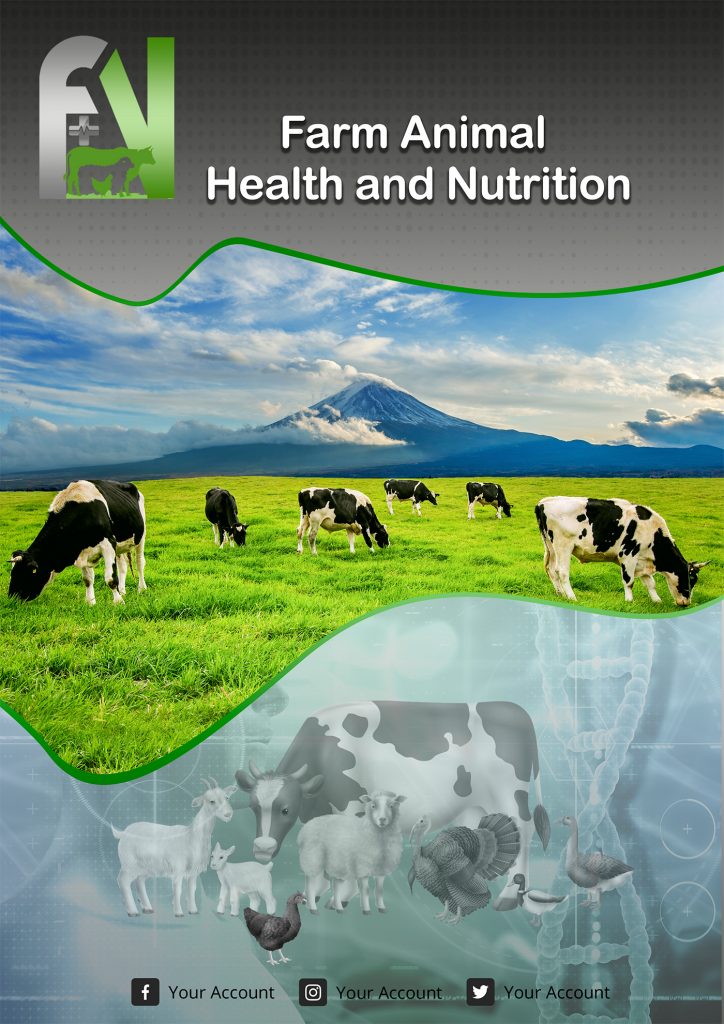Abstract:
Introduction:Animal health and productivity can be affectedby Aflatoxin in feeds, which leads toreducedgrowth, decreasefeed efficiencyand potential contamination of animal-derived products. The currentstudy investigated the influencesof supplementingNigella sativa(NS) seeds to an Aflatoxin-contaminated diet on rumen parameters, digestibility, and nitrogen balance of male Nubian goats. Materialsandmethods:A totalnumber of 20healthy male Nubiangoat kids aged8-9 monthsand anaverage weight of 11±0.5 kgwere randomlyassigned to 5 equal groups. The control group (T1)receivedabasal diet. The second treatment group(T2)receivedthe samediet contaminated with 150 ppb Aflatoxin and other treatments receivedan aflatoxin-contaminateddiet supplemented with different levels of crushed NSseedsincluding2% (T3), 4% (T4), and 6% (T5)of the total dry matter. Through using naturally infected groundnut cake,Aflatoxinwas mixed with other ingredientsofration in differentproportions to formulate treated diets. High-performance liquid chromatography was used to determine Aflatoxin concentration.Rumen liquor samples were collected after 40 daysfeeding period to evaluate rumen pH, volatile fattyacids(VFAs), ammonia nitrogen(NH3-N), rumen electrolytes,and protozoa count. Results:Rumen pH, ammonia nitrogen, ruminal sodium, and potassium were not significantly affected by the treatmentgroups. Rumen volatile fatty acids, protozoa count, nutrient digestibility,and nitrogenretention were significantlyreducedby an Aflatoxin-contaminated diet (T2)compared to other groups. SupplementationofNSseeds to an Aflatoxin-contaminateddiet caused a significant increase in VFAs, decreased protozoa count, andimproved digestibilityand nitrogen retentionin all treated groups compared to T2 and T1 groups.Conclusion:SupplementingNSseeds to an Aflatoxin-contaminated diet positively affected rumen ecology and improved digestibility and nitrogen retention. The study recommended supplementing 6% ofNSseeds to goat diets can reduce the negative effects ofAflatoxin in the diet.
1. Introduction:
Inadequate storage conditions, including suboptimal temperature and humidity,can lead to the contamination of animal feed by the naturalproduction of mycotoxins, specifically Aflatoxins. Themycotoxinasasecondary metaboliteisproduced by various fungal species, predominantly Aspergillus spp. Animal feeds commonly consistof Aflatoxins,that isconsidered powerful natural carcinogenic agentsin mammals1,2. A highlevelof Aflatoxinat more than 20 ppb hasbeen reported astoxic and as aprimary causative agent of hepatic and extrahepaticcarcinogenesis3, 4. Animal feedssamplescontaminated with Aflatoxinhave been observed indifferent regions ofthe world…..


